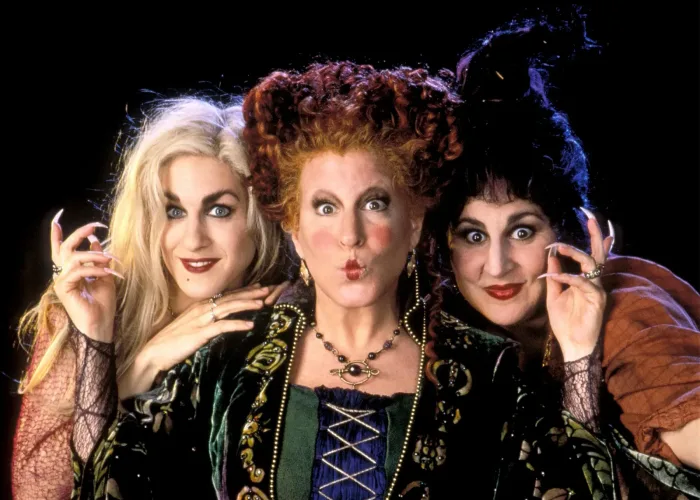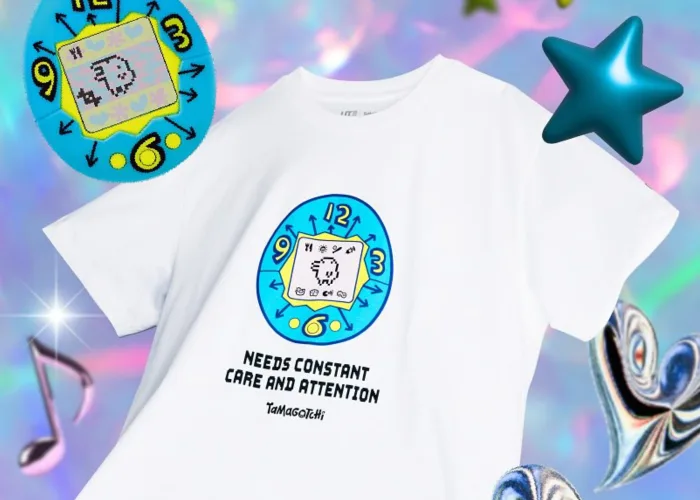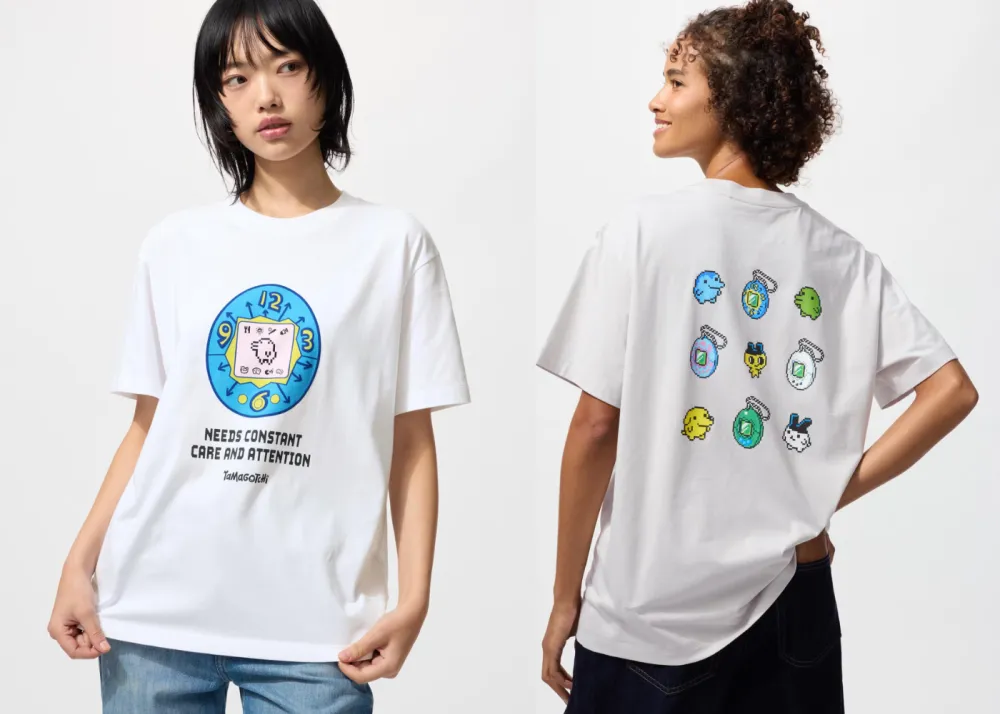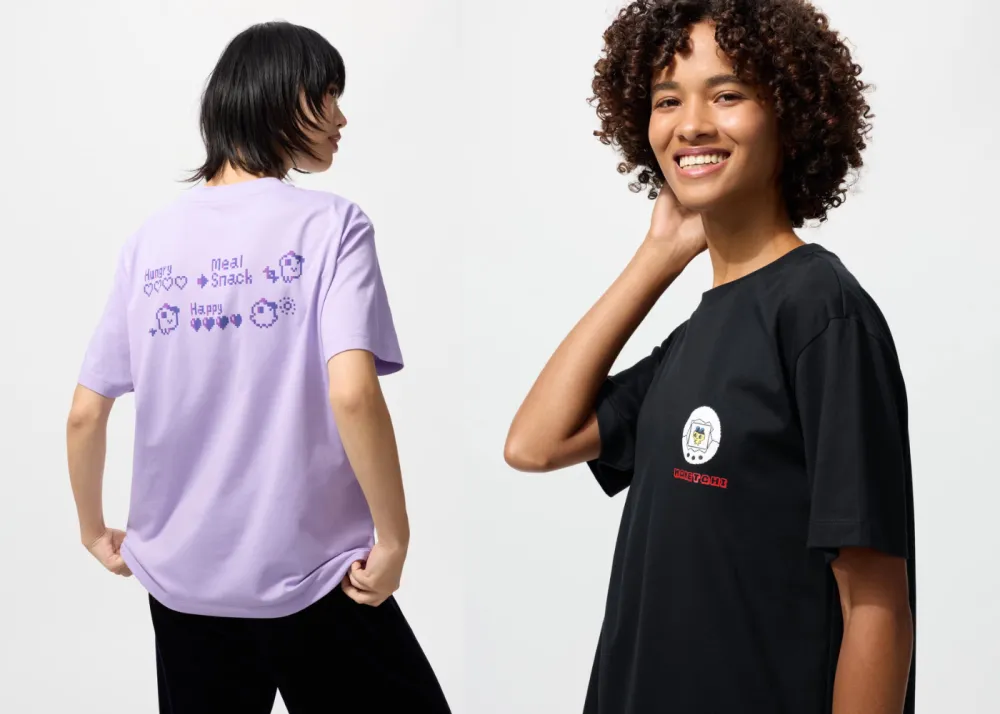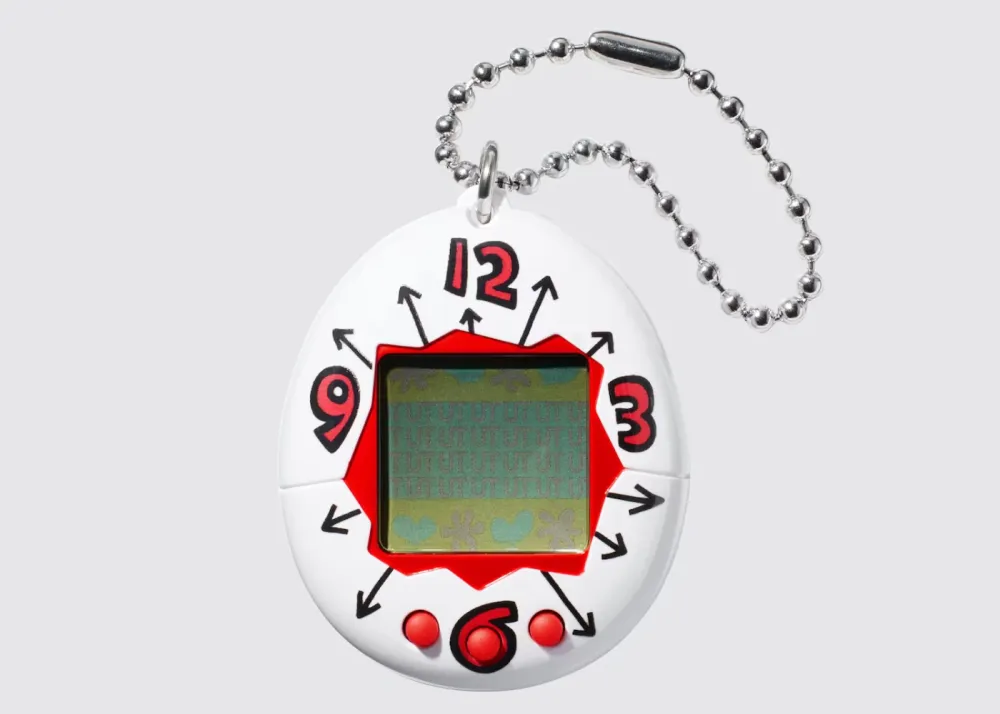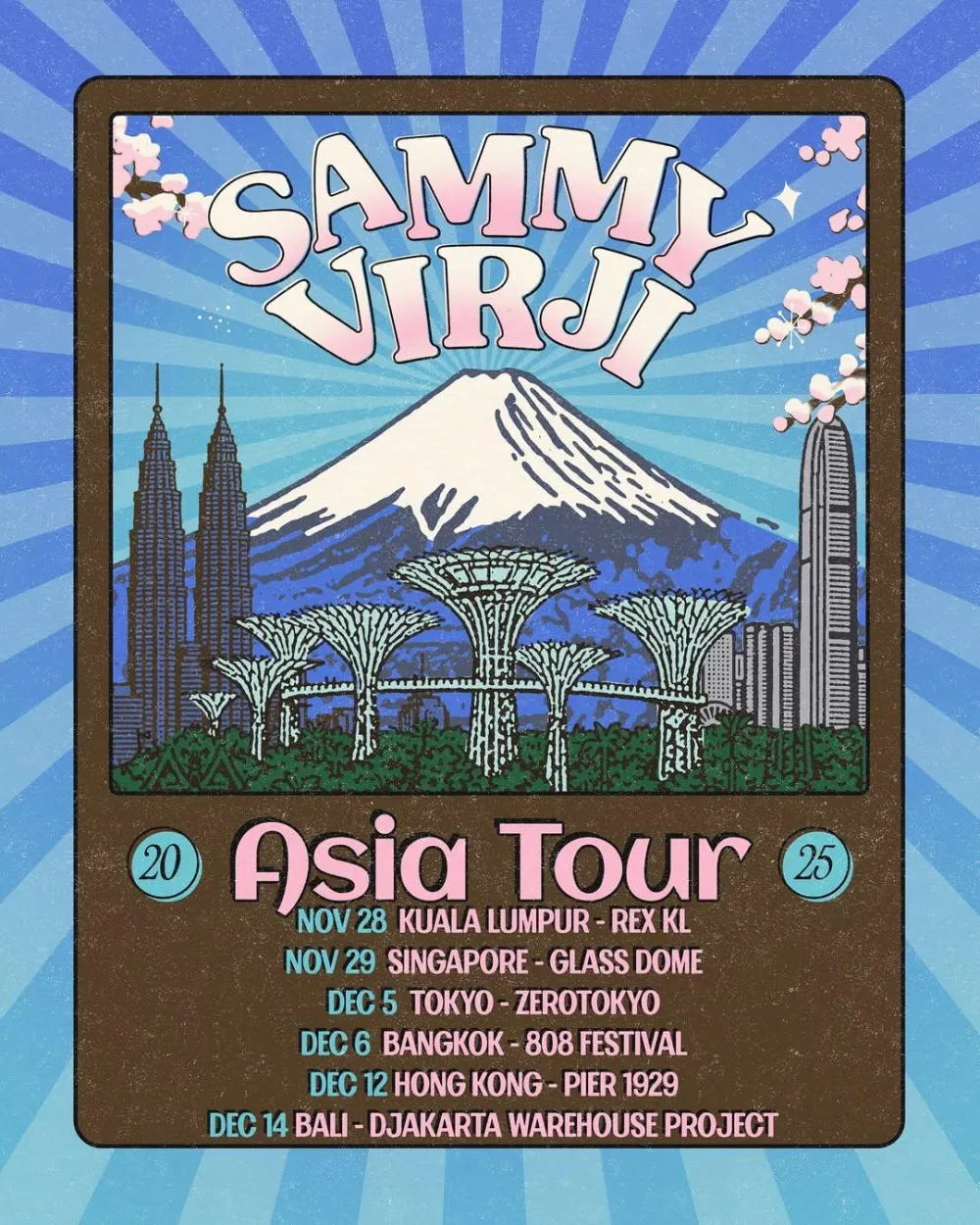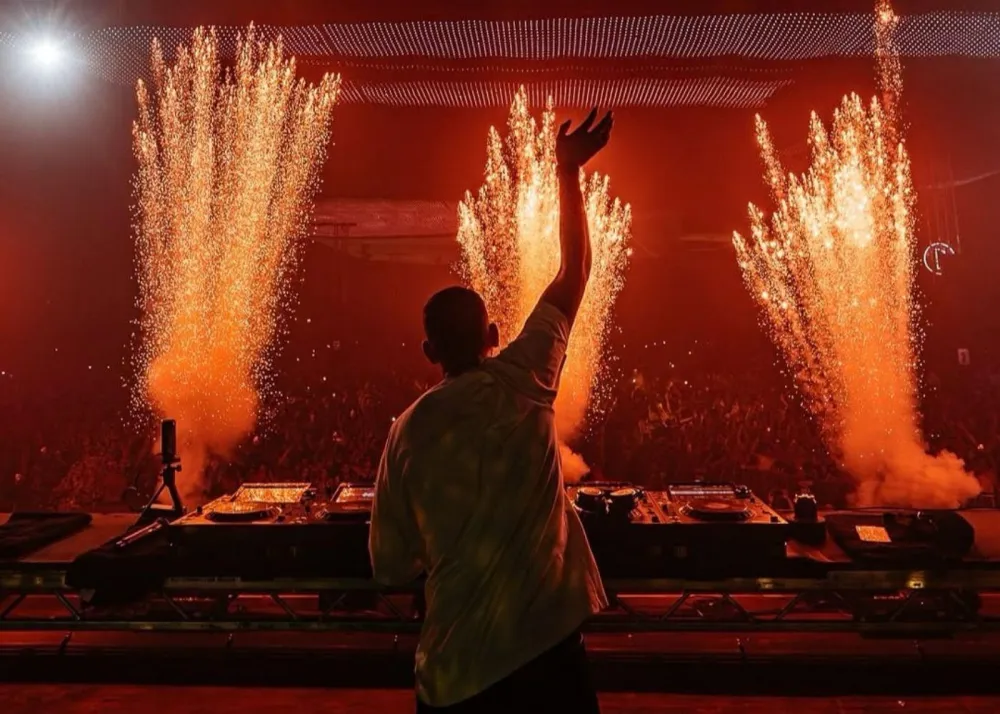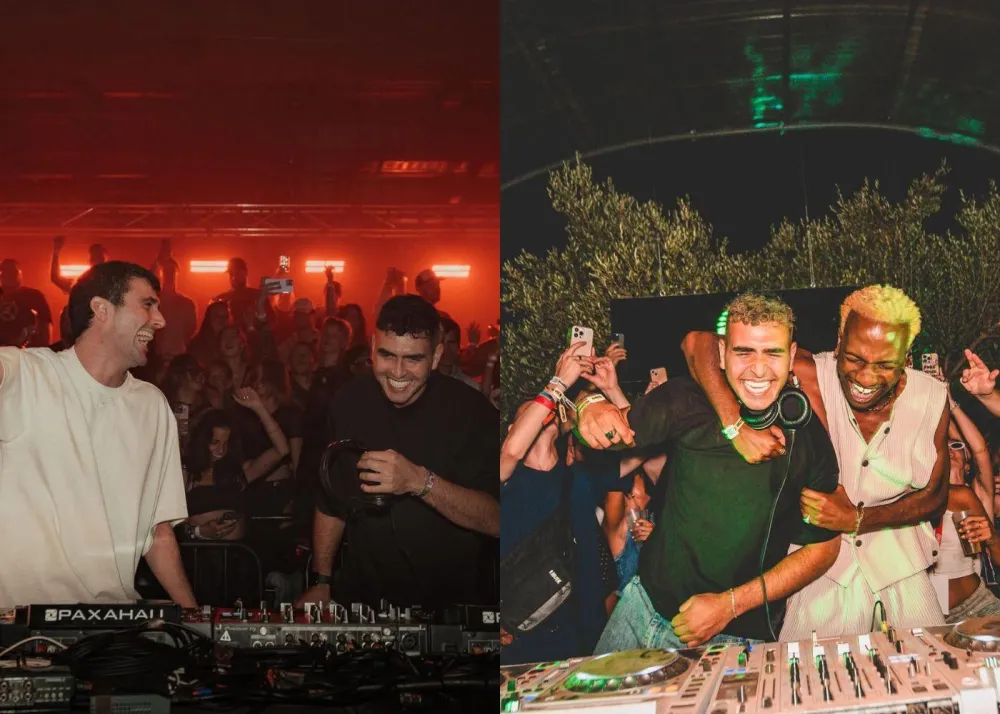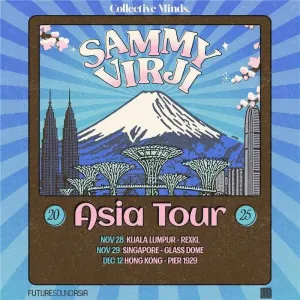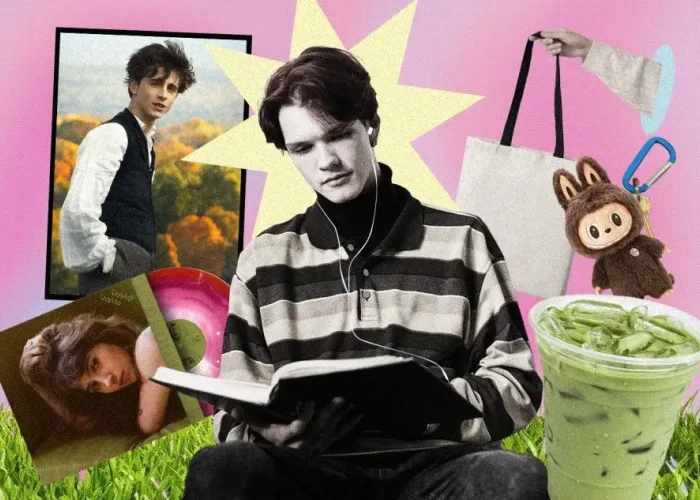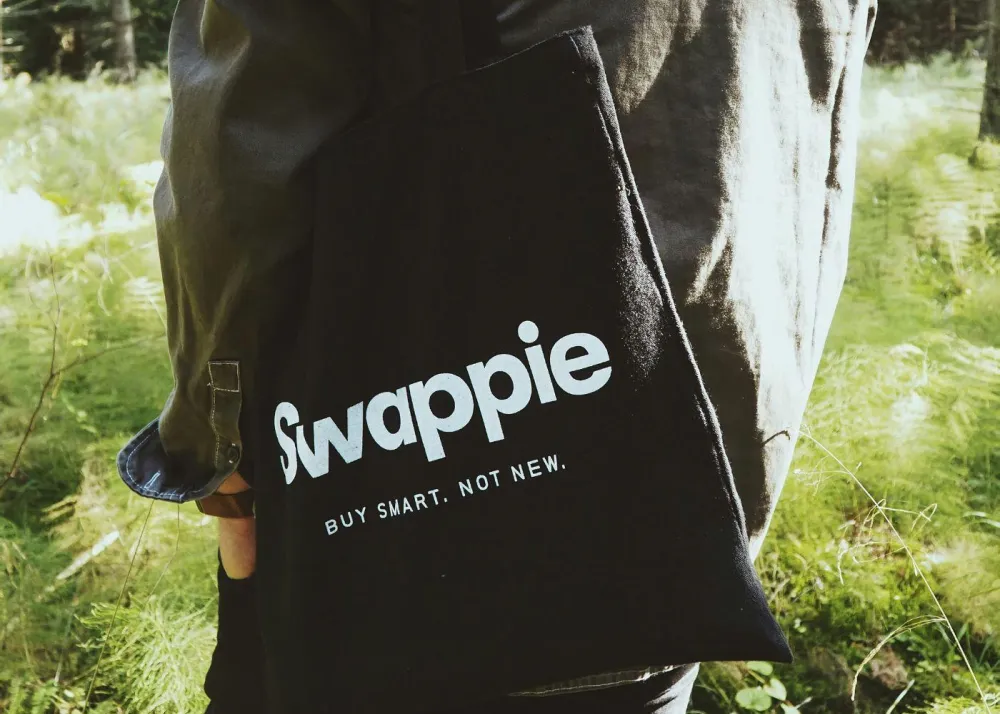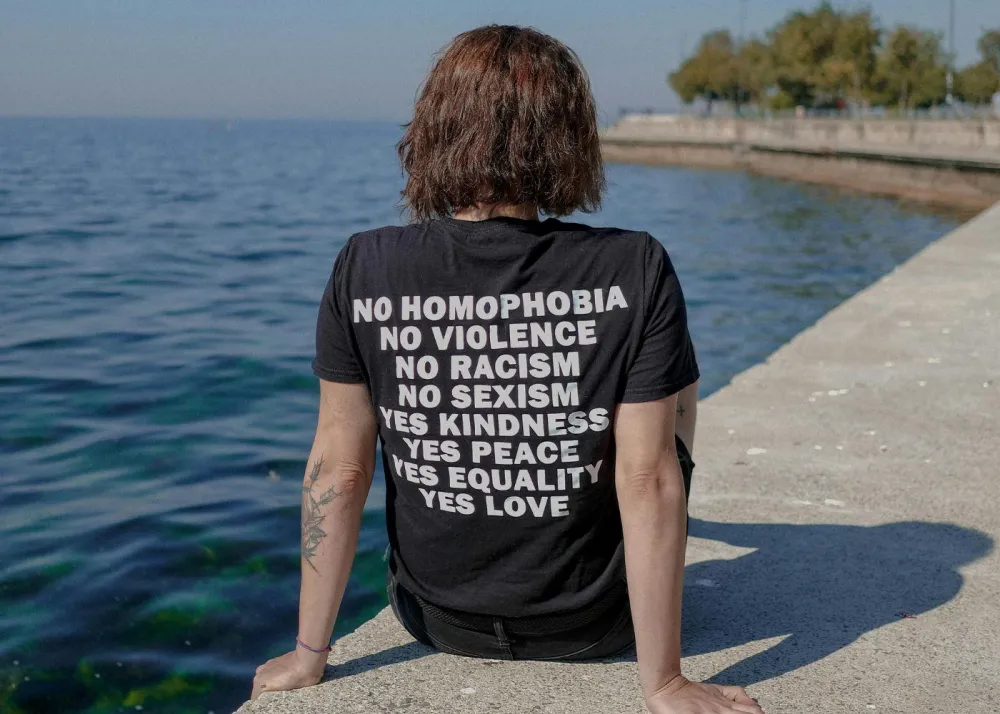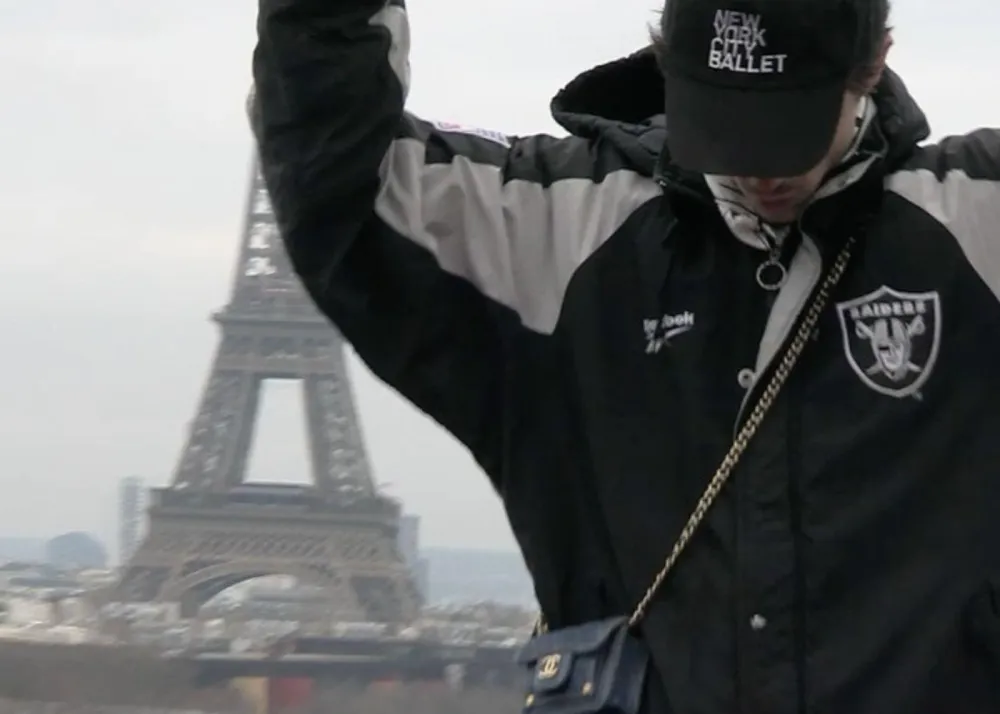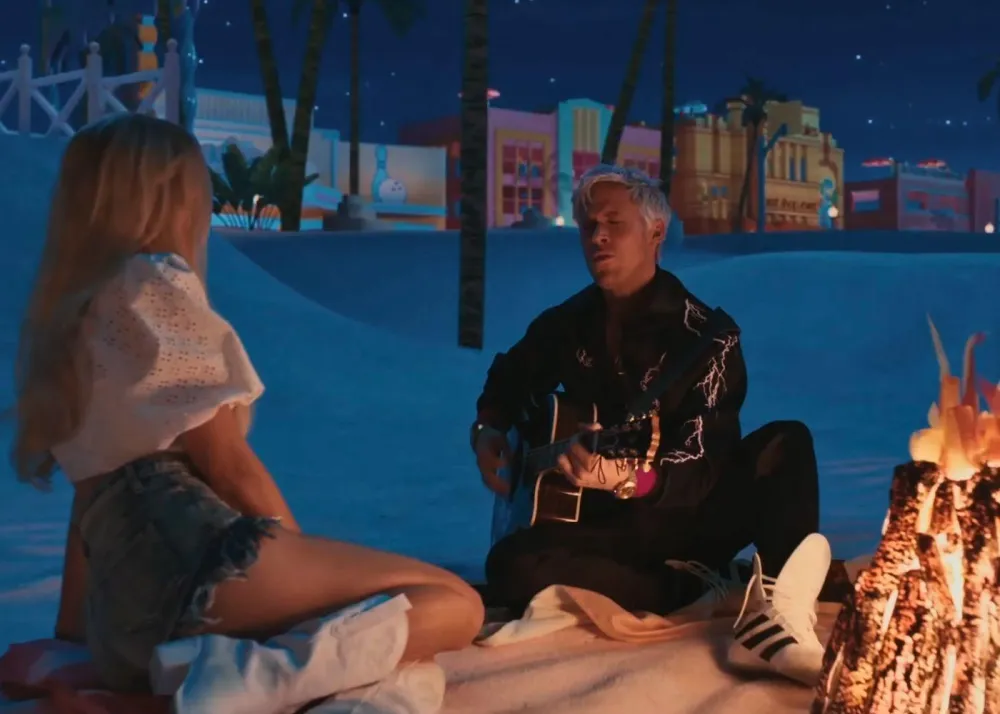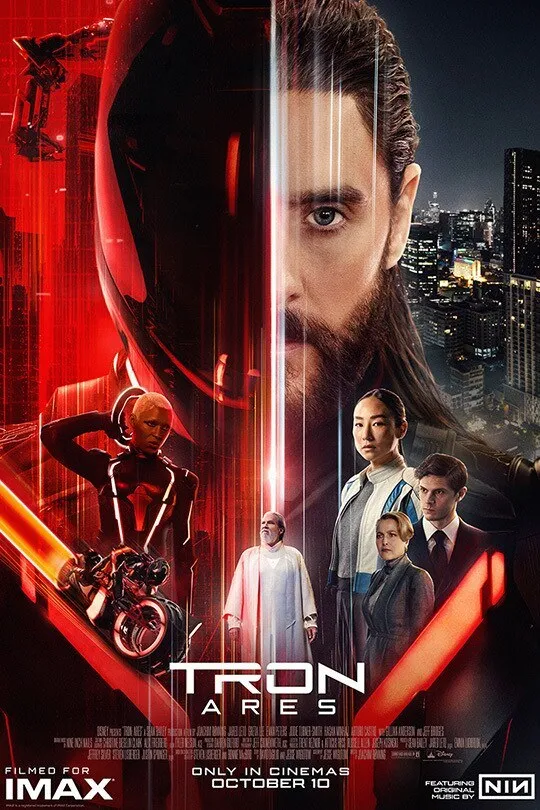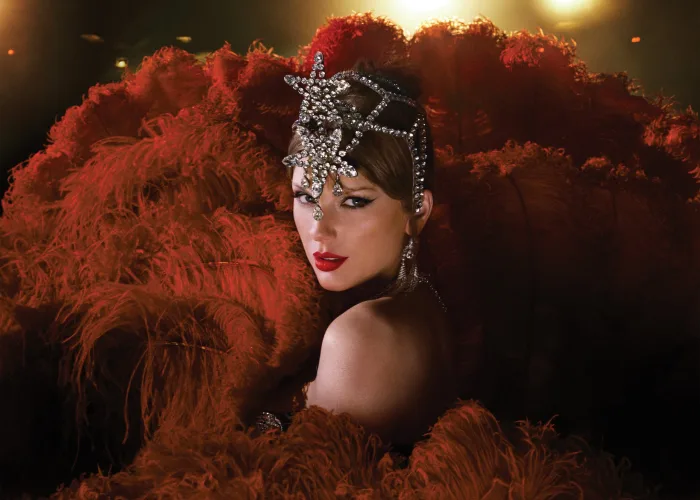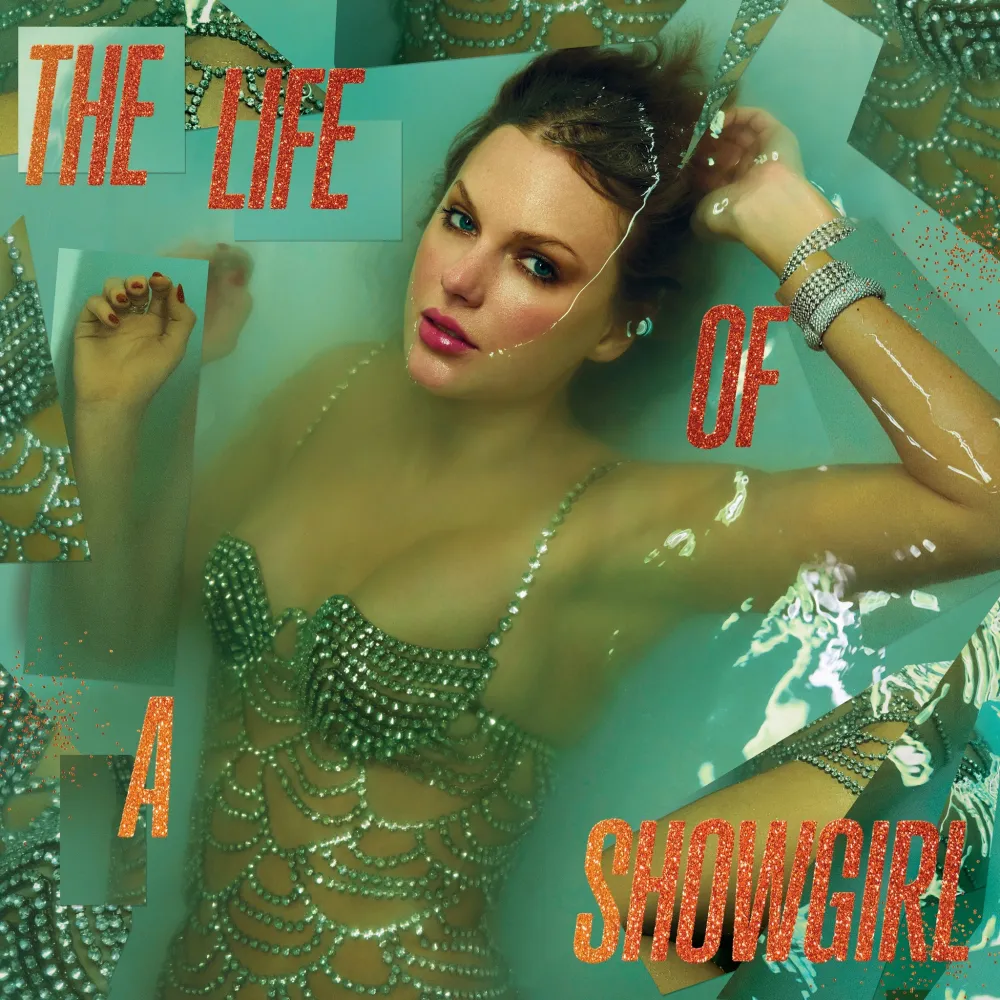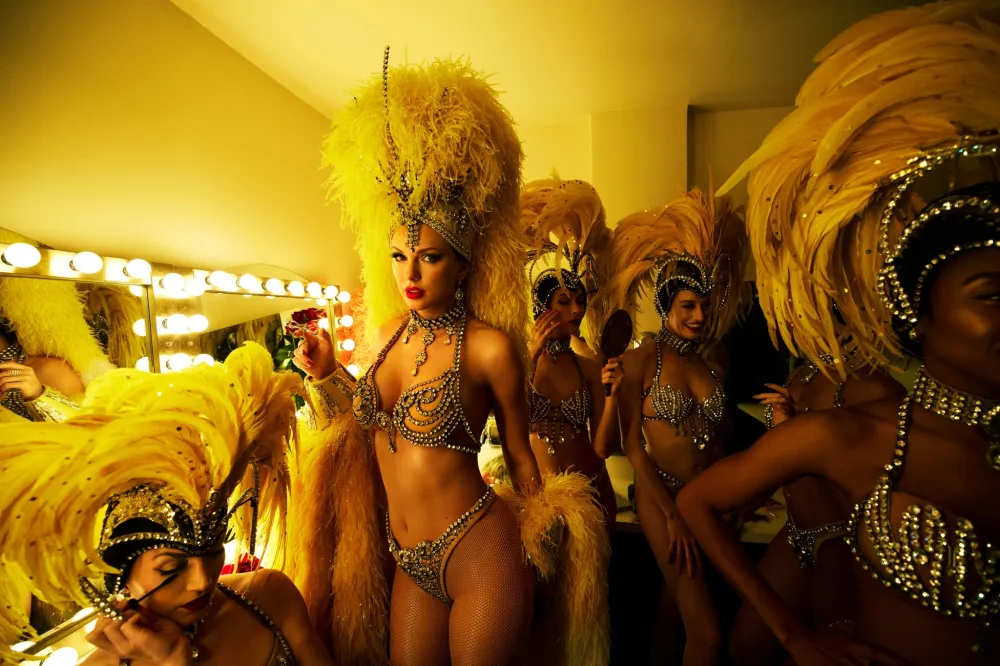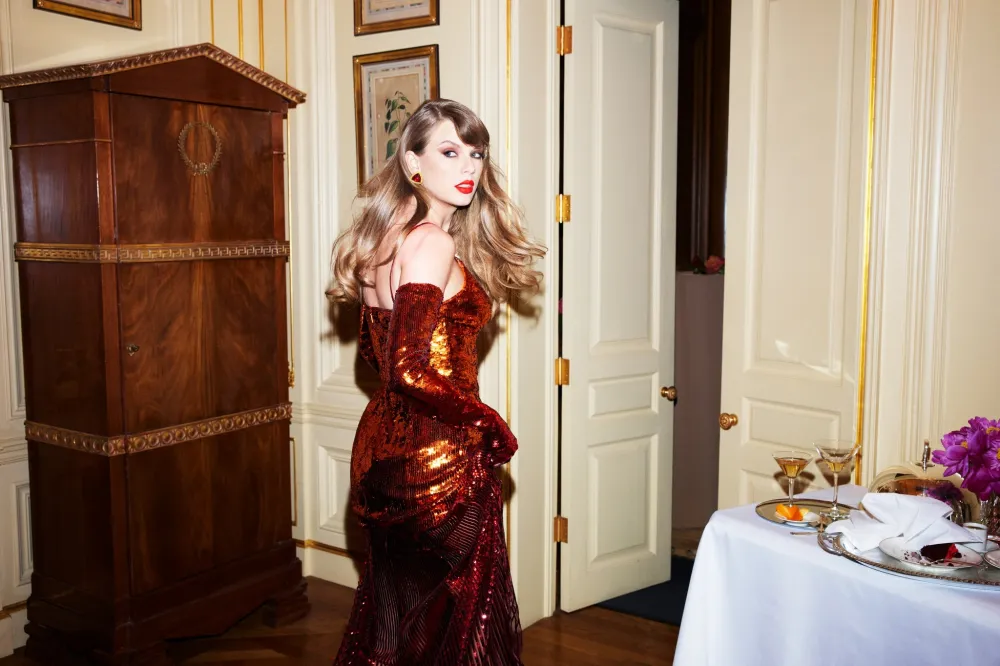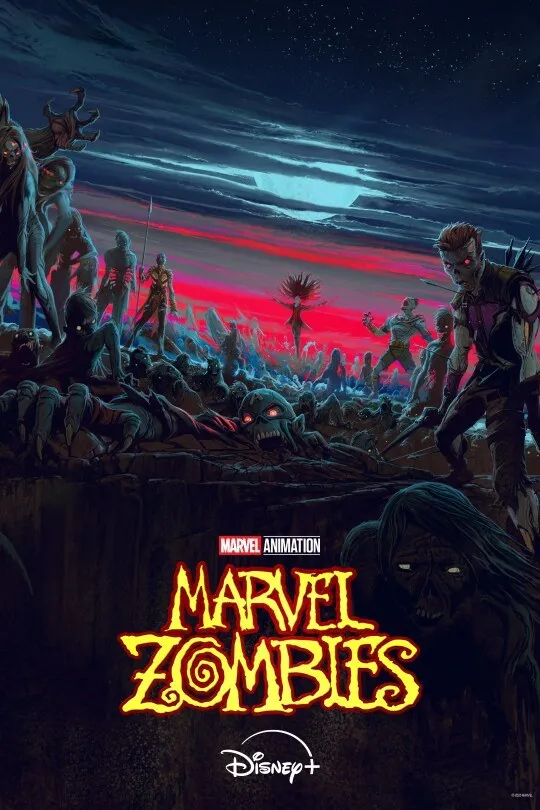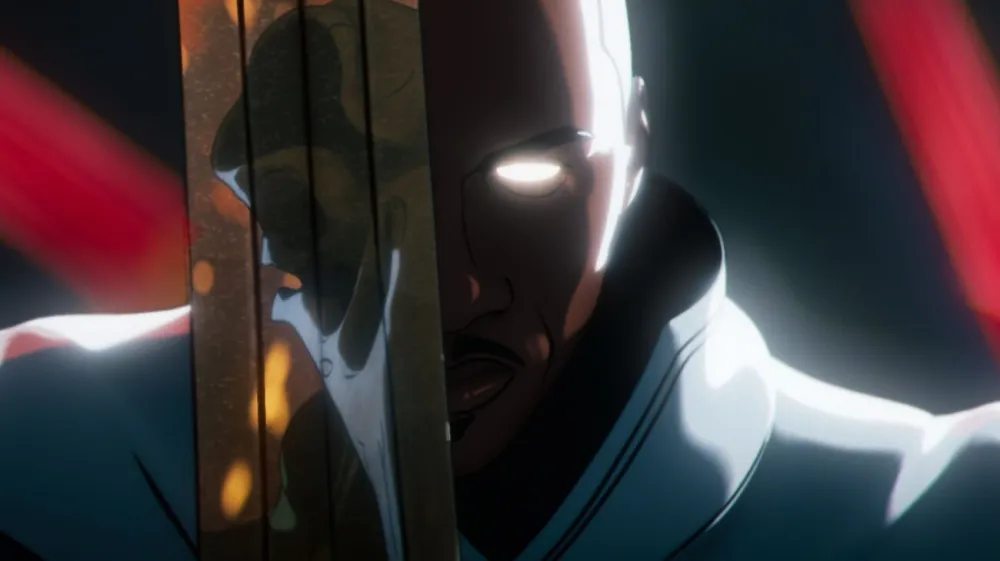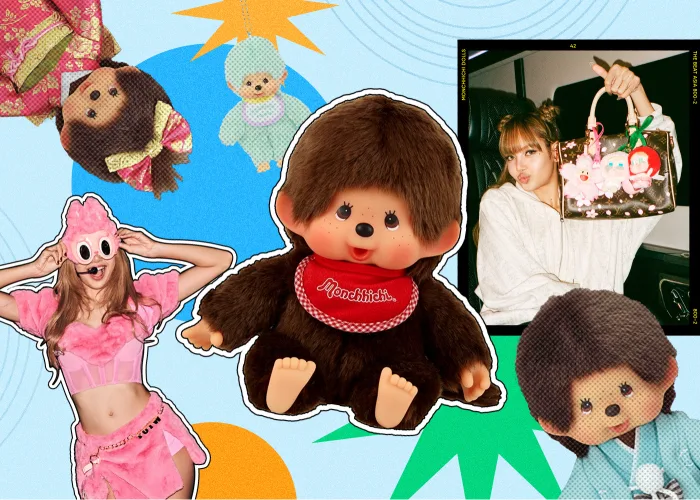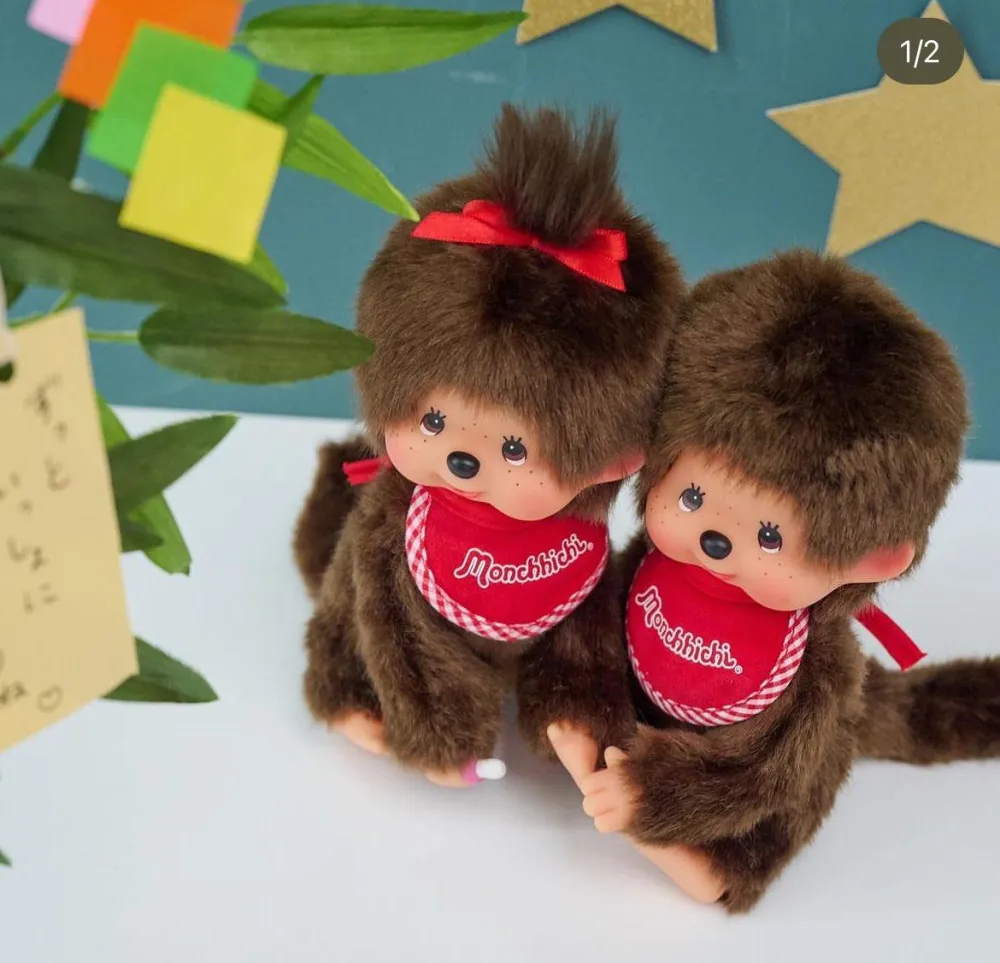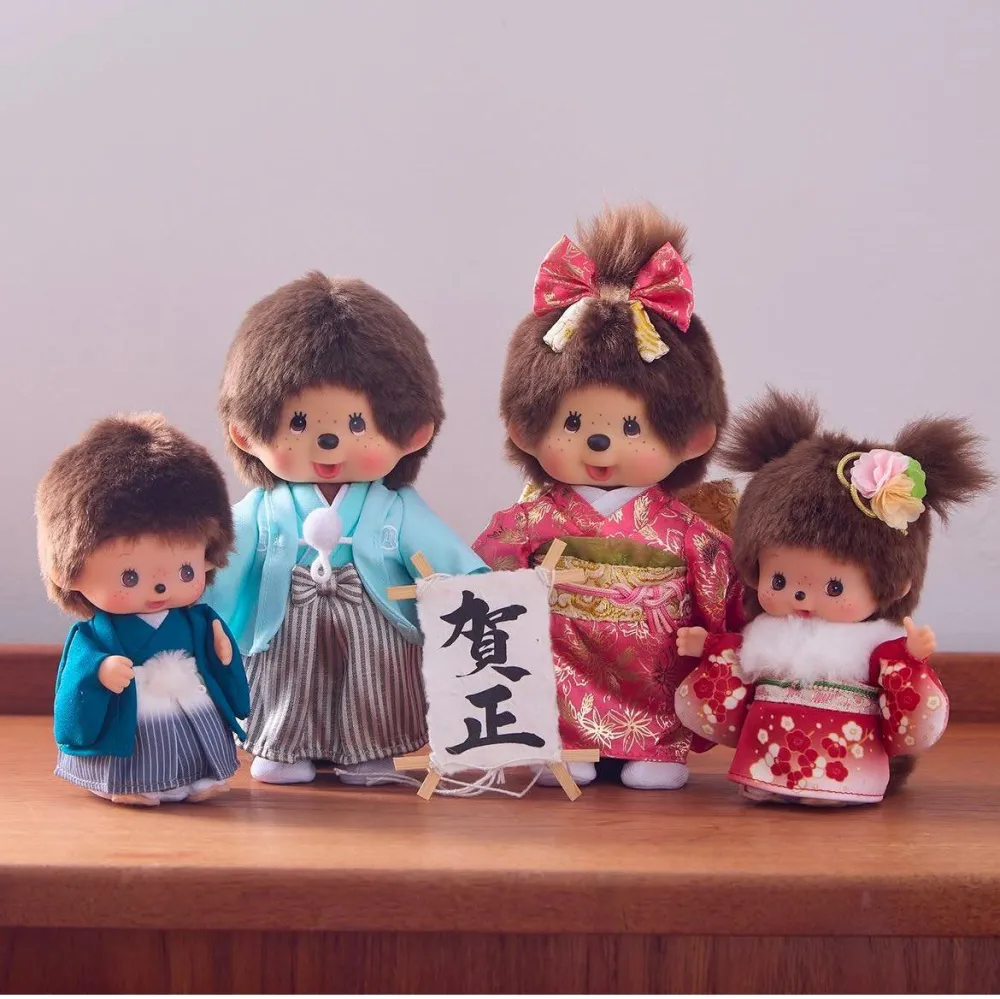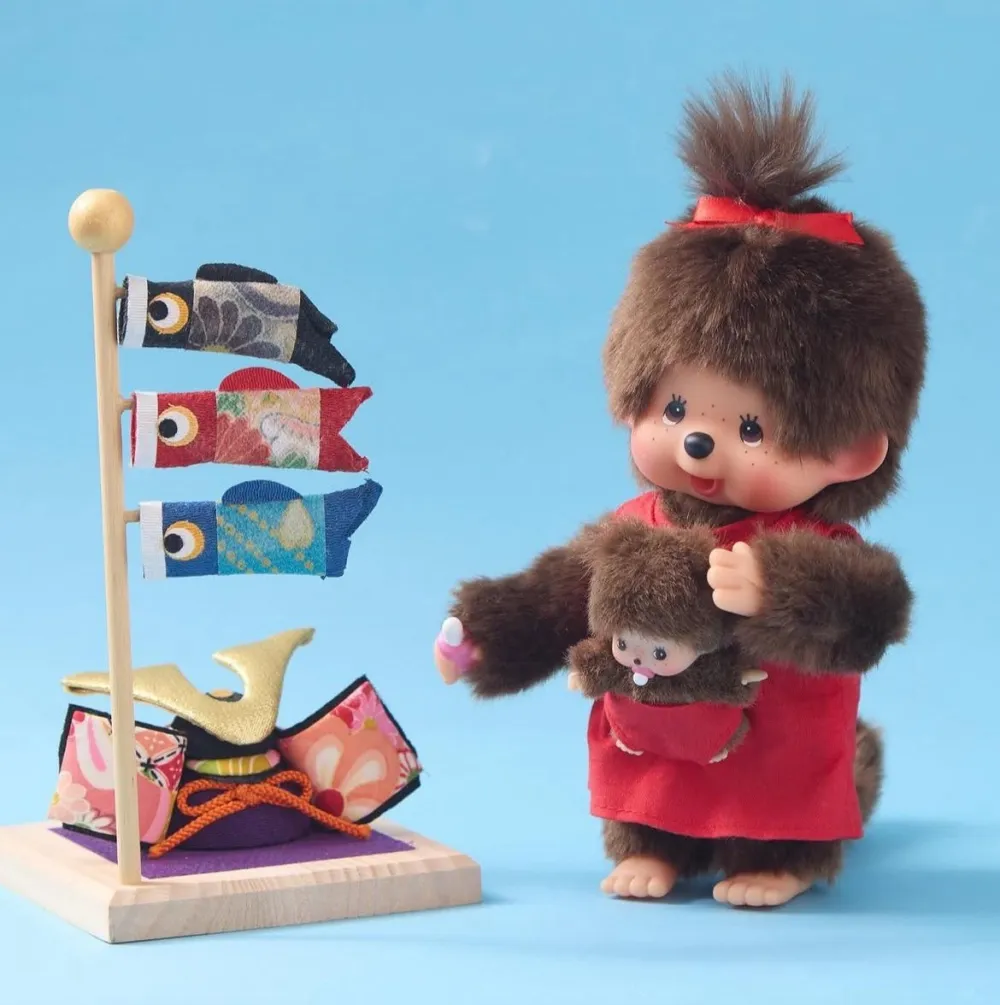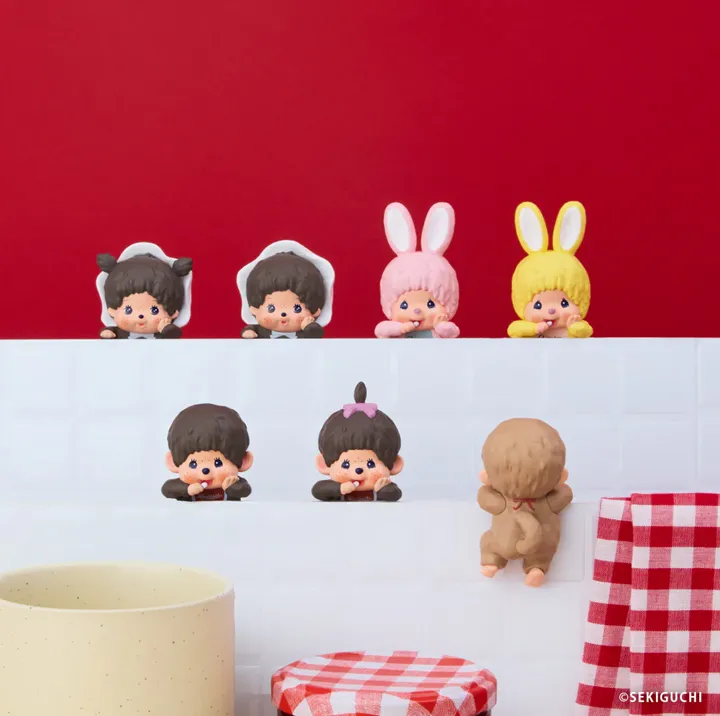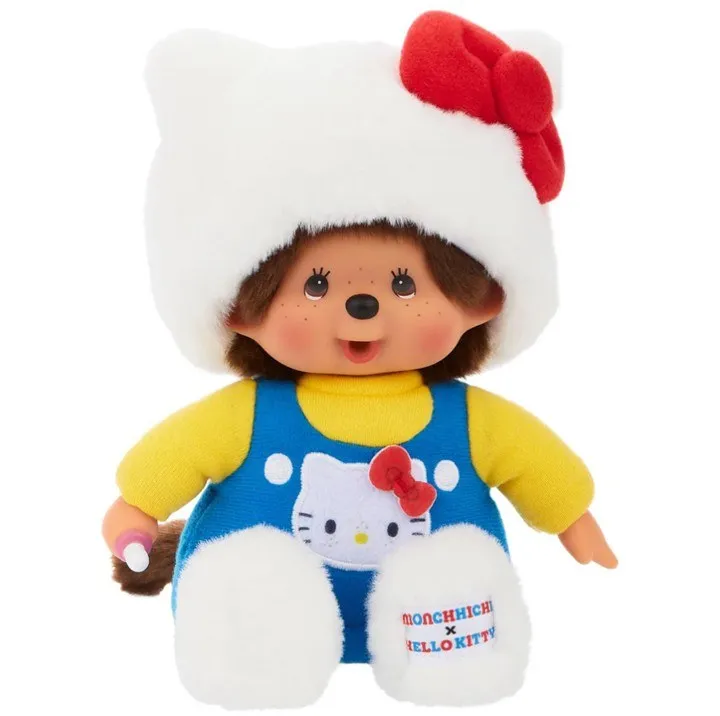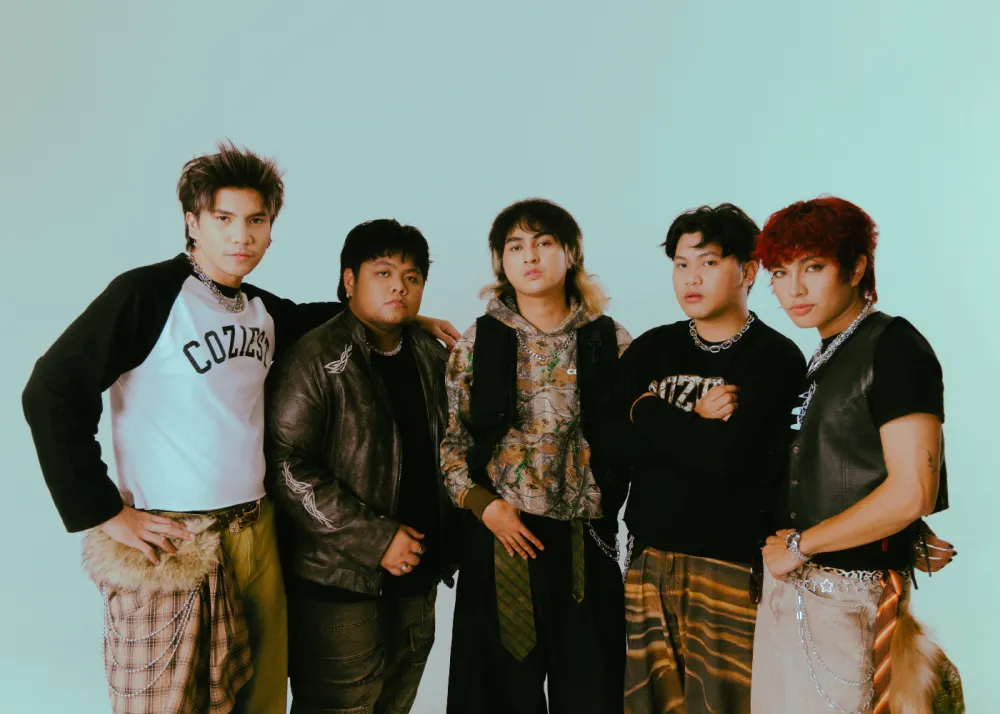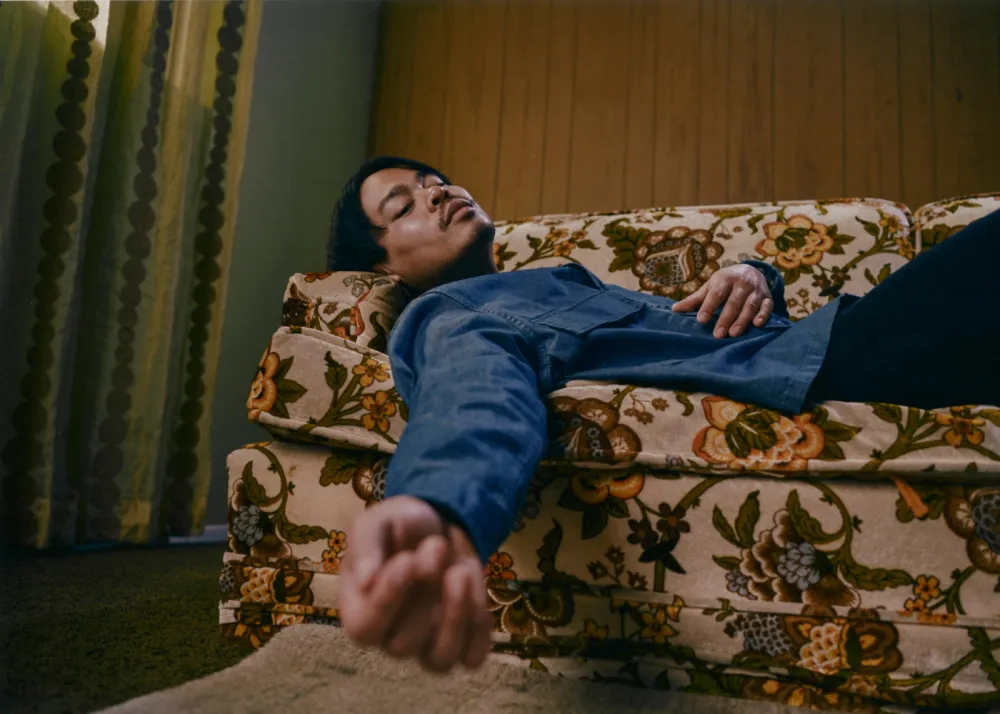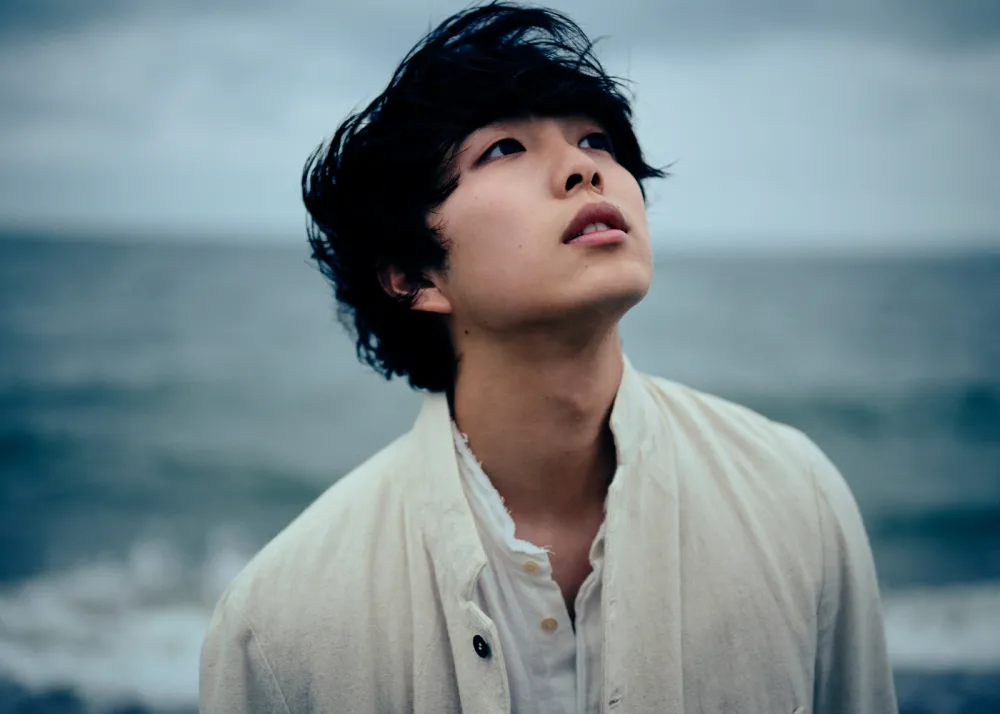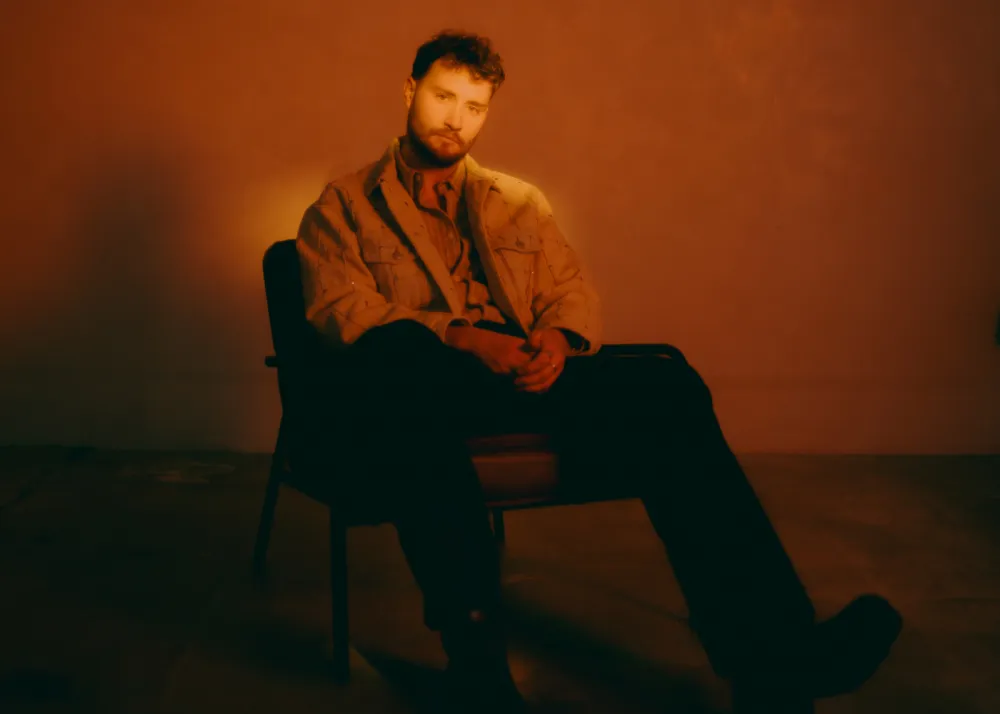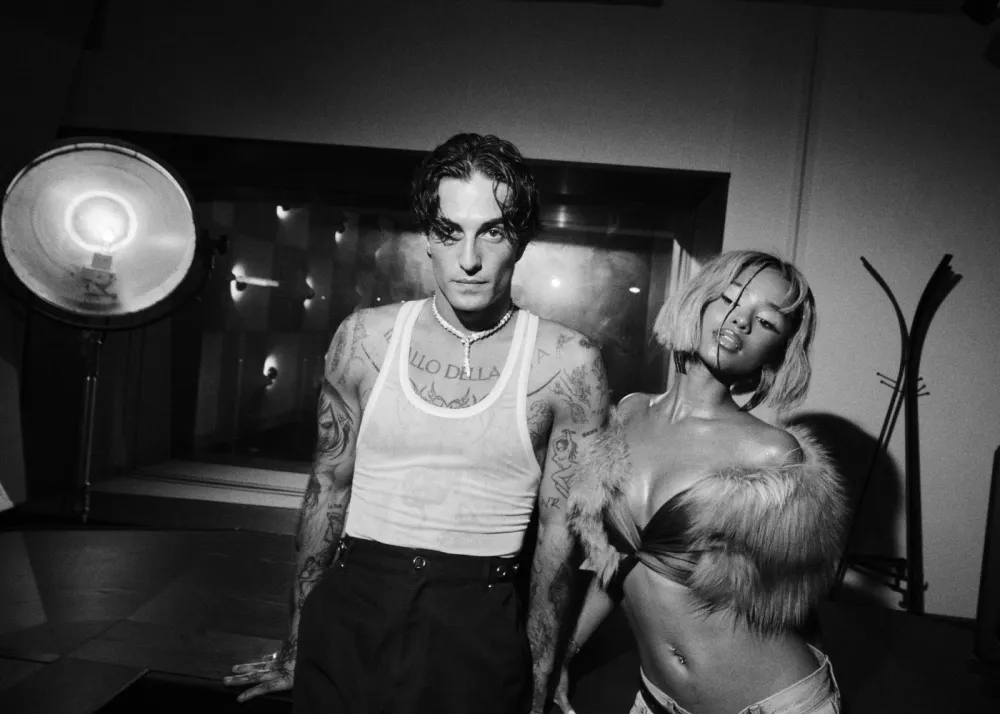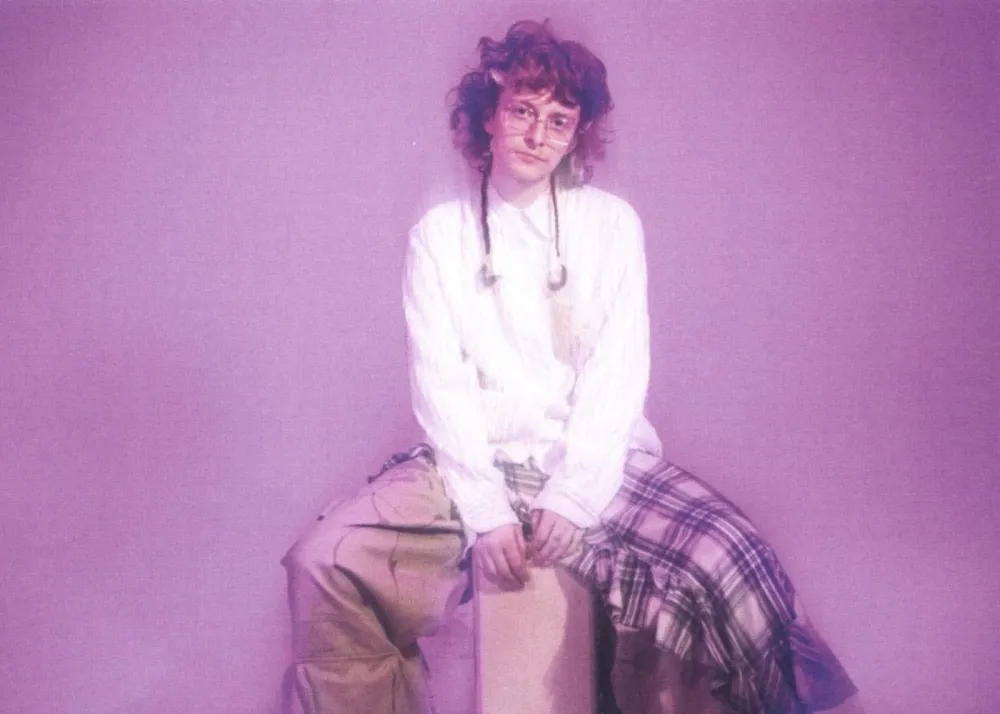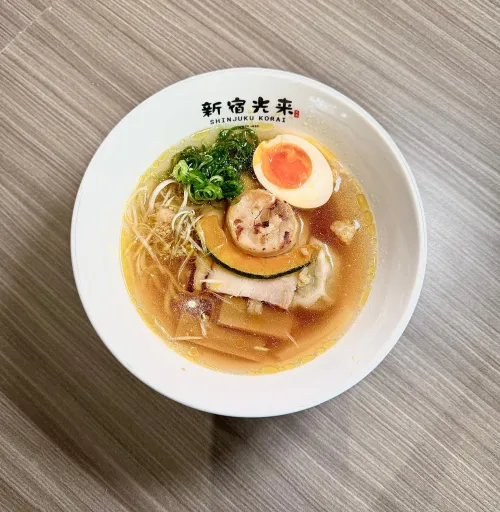Want to Play at Music Festivals? Here’s What Organizers Are Looking For

The United States has Coachella, Burning Man, and Lollapalooza, while Europe also boasts Barcelona’s Primavera Sound, England’s Glastonbury, Belgium’s Tomorrowland, and Budapest’s Sziget Festival. Asia’s music festivals, however, are not to be missed. Just within the last two months of 2024, Hong Kong’s Clockenflap and Rolling Loud in Pattaya, Thailand rocked music lovers and festivalgoers alike.
No matter which festival, everyone can agree that one of the most important parts that make – or break – a festival is its lineup of artists. And for emerging artists and bands, landing a spot at a major music festival can feel like catching lightning in a bottle.
But what exactly are festival organizers looking for?

The Beat Asia got the lowdown from leading Asian festival organizers themselves. The panel discussion, moderated by Jim Bacarro of Puddy Rock, brought together powerhouses in the Asian music festival scene: Cora Chan of Clockenflap, Johnnie Moylett of Fuji Rock Festival, Dewi Gontha of Java Jazz Festival, and Sarun “Top” Pinyarat of Maho Rasop Festival. They shared insider tips on how up-and-coming artists can increase their chances of making it to the festival stage.
Thanks to ASIYA Festival, these industry leaders got together and shared their insights for bands and artists looking to entertain tens – even hundreds – of thousands of festivalgoers. Take notes, everyone!
It’s All About the Live Performance
While streaming numbers and social media followings might seem important, festival organizers unanimously agree – nothing beats a compelling live performance. “It’s all about live performance, if they can entertain the audience,” Johnnie revealed. He added that when they evaluate artists, they weigh performance capability (60%) more heavily than musical content (40%).
For artists looking to catch their attention, the Fuji Rock organizer emphasized the importance of video content: “[Send us a] YouTube video of your live performance; [we’re looking for] something about the band that can grab attention.”
Well, what makes a performance stand out then? Johnnie noted that there are a lot of key factors, but he graciously provided two: “Are they good songwriters? Does the lead singer have charisma?”

Do Your Homework
One common mistake that emerging artists make is submitting applications without understanding the festival’s identity. “We get these submissions that feel like they don’t know our festival at all,” Top revealed. “Do your research, go through the past lineups [of the festivals].”
Cora of Clockenflap echoed this sentiment, adding that while they receive submissions from artists who are talented, sometimes “Clockenflap is just not the right home for them, but they’re really good.” Understanding a festival’s programming, ethos, and brand helps artists target the right opportunities and tailor their submissions accordingly.
Art of the Elevator Pitch
No, it’s not just for business opportunities. Organizers receive hundreds of pitches each week and while it might be tempting to compile everything you’ve got and send it to them in an attempt to show them your entire career, the experts say otherwise. Less is more.
“Sending 10 emails with the same material will not get you anywhere,” Dewi warned. Cora put it succinctly: “If Bill Gates could fit his whole career in one page, then so can you.”
Here are some key tips for crafting your submission:
- Keep it concise and focused
- “Pick your best performance video, just pick one,” advised Top.
- Cora suggested including footage of audience reactions
- Demonstrate your understanding of the festival
- Highlight any relevant experience or recommendations
Start Small, Think Big
For artists without management or significant streaming numbers, the path to festival stages starts closer to home. “Conquer your own turf first, get club shows, start small, even just a 50 to 100 pax gig,” Top recommended.
Dewi emphasized the importance of professional representation: “Get a representative. If you think it’s an instant business, then you’re totally wrong.”
Cora, however, encouraged persistence, “The worst response you can get is ‘No’ or no reply.” So why not try anyway, right?
Still, the organizers agreed that getting representation can open a lot of doors. As with most industries, ‘what’ you know is just one part, and more often than not, it’s about ‘who’ you know that counts. Having people who can promote and make connections for you helps a lot, especially since it allows you to focus on your craft.
Making the Most of Festival Opportunities
Festivals, if you don’t already know, have dedicated spaces for up-and-coming talent. “We have ‘Showcase,’ for the newer artists, not the ‘money-makers,’ as they call it,” Top shared, which Dewi echoed as she said Java Jazz features “smaller stages for new talents.”
If you do land a festival gig, however, maximizing the opportunity is crucial. Johnnie advised: “Get good at the performance, play as often as you can everywhere. Get on social media, social networking [during the festival]. The main thing is to be a good live performer.”
Top stressed the networking potential of festivals: “If you get a chance to go to these international festivals, you’ll be in the bill with all these artists [from] all over the world, try to connect [with them].” He also underscored the importance of “learning from other artists, see the show, see the vibe.”
Understanding the Business
Festival programming involves multiple considerations. For Fuji Rock, the top two factors are financial viability and musical taste, with an emphasis on stylistic variety. Clockenflap’s planning strategy starts with securing headliners before filling out the rest of the lineup.
For newer artists, understanding this business aspect is crucial. Cora noted, “It’s a big investment for a band that’s starting out.” This reality check helps artists approach festivals with realistic expectations and proper preparation. As these organizers take a chance on you, so should you deliver. After all, thousands will be watching and listening – you better be ready!
The Festival Philosophy
At their core, music festivals are about creating memorable experiences. As one panelist noted, “Festivals [are] an entertainment business, success is based on the audience’s happiness. Best ambassadors are the players, the audience.”
This understanding should guide artists in their festival journey. Remember: it’s not just about getting on stage and performing your heart out – it’s also about contributing to the festival’s overall mission of delivering exceptional entertainment and fostering a music-loving community.
Key Takeaways You Should Keep in Mind
- Perfect Your Live Show: Focus on putting on a compelling live performance with strong audience engagement. Haven’t you noticed how artists often have scripted sentences that “seemingly” transition them seamlessly from one song to another while also engaging the audience? Yeah, it’s scripted, but hey, it works! Don’t people scream their lungs out when they say this crowd’s the loudest they’ve heard in the entire tour?
- Document Everything: Capture high-quality videos of your best performances, and don’t forget to include audience reactions.
- Research Thoroughly: Study the festival’s past lineups, philosophy, branding, and identity before submitting your pitch. And make sure your pitches are concise!
- Start Local: Build your following through small venues and local shows before targeting major festivals. Everyone’s got to start somewhere, right?
- Network Effectively: Make meaningful connections within the industry and with fellow artists. It’s a tough industry to break into, like they said it’s not an instant business, but you might just make friends along the way.
- Be Professional: Present yourself professionally in all communications with festival organizers.
- Stay Persistent: Don’t be discouraged by rejections – use them as learning opportunities.
For budding artists, the path to festival stages is an uphill climb. It requires patience, preparation, and persistence. By understanding what festival organizers are looking for and approaching the opportunity professionally, bands can increase their chances of finally making it into the lineup.
But keep in mind that making it to the stage is just the start – how well you do from there may just determine the trajectory of your career.
Follow ASIYA Festival, Clockenflap Festival, Fuji Rock Festival, Java Jazz Festival, and Maho Rasop Festival on Instagram.
Get the latest curated content with The Beat Asia's newsletters. Sign up now for a weekly dose of the best stories, events, and deals delivered straight to your inbox. Don't miss out! Click here to subscribe.


